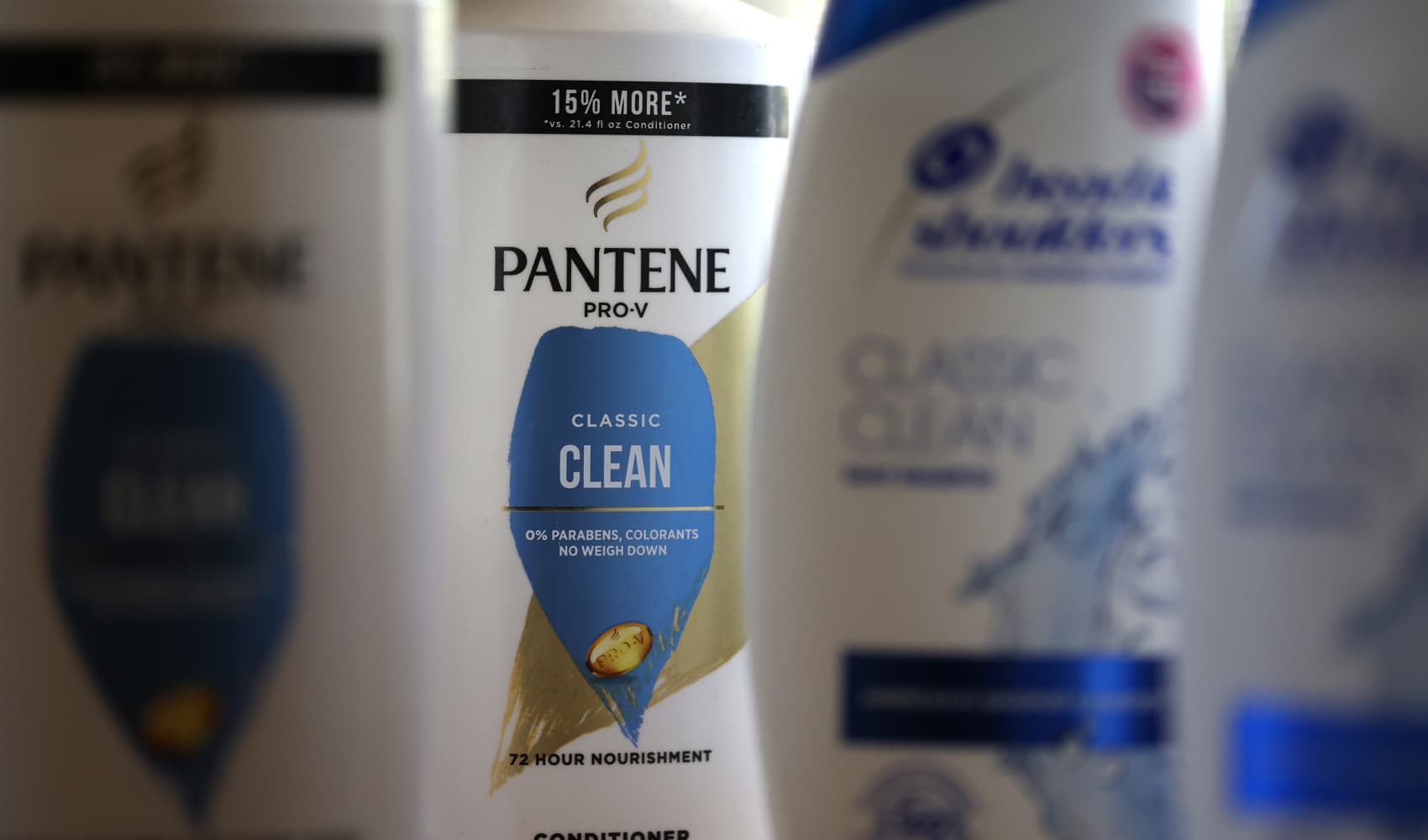
- Less that half (43%) of America's largest 100 employers disclose conducting pay equity analyses with a specific focus on race and ethnicity, according to Just Capital.
- Even fewer companies share the results — just 22% of the 100 largest U.S. companies disclose non-white-to-white adjusted pay ratios.
- The annual analysis includes the biggest companies across sectors, from Walmart, Amazon and Target to Starbucks, Chipotle, General Electric, Wells Fargo, American Airlines and Apple.
More companies are disclosing their internal data on racial pay equity. The bad news: even more companies aren't ready to share, and that suggests progress at reaching parity in pay between white and non-white employees remains slow across the corporate landscape.
An analysis this week from ESG research non-profit Just Capital shows that only companies with perfect or near-to-perfect racial pay equity scores are sharing results.
Get Connecticut local news, weather forecasts and entertainment stories to your inbox. Sign up for NBC Connecticut newsletters.
In all, less that half (43%) of America's largest 100 employers disclose conducting pay equity analyses with a specific focus on race and ethnicity, according to Just Capital. And even fewer companies share the results — just 22% of the 100 largest U.S. companies disclose non-white-to-white adjusted pay ratios.
"Companies that aren't disclosing that information potentially just don't feel like they've reached that point where they can tell a good story and see too much risk in releasing this data," Ashley Marchand Orme, director of corporate equity at Just Capital, told CNBC this week.
This latest report underscores a longstanding tension in corporate ESG efforts, even though ESG experts including Just Capital argue that companies should be given credit by stakeholders and shareholders for sharing less than perfect data across ESG metrics and demonstrating a commitment to improve.
Money Report
Among the 22 companies that disclosed their pay ratios in 2022, Just Capital found high levels of pay parity, with thirteen companies reporting a 1:1 ratio — employees of color receive equal pay to that of their white colleagues. But Just stresses that for racial pay equity progress to be made, it can't only be the companies already at parity that choose to share.
"In making transparent the inequities present in our current system, taking steps to address those inequities, and disclosing progress, companies make real their commitments to building more diverse, inclusive, and equitable workplaces, taking the concrete action needed to build a more just economy overall," Just research analyst Aleksandra Radeva wrote in an analysis of the data this week.
The percentage of companies conducting pay equity analysis and disclosing the data has increased double-digits year over year, according to Just Capital's report.
Just Capital public polling is an important component in development of its ESG scoring, and its research shows 89% of the American public say conducting annual pay analyses across demographic groups is important in furthering racial equity in the workplace.
Its 2022 Corporate Racial Equity Tracker includes 23 metrics across six specific dimensions of racial equality including anti-discrimination policies, pay equity, racial/ethnic diversity data, education and training programs, response to mass incarcerations and community investments.
Just Capital offers a breakdown of pay equity data and other metrics within its annual Corporate Racial Equity Tracker for each of the top companies in the U.S. being reviewed across sectors, including Walmart, Amazon, Target, Starbucks, General Electric, Wells Fargo, American Airlines and Apple.






